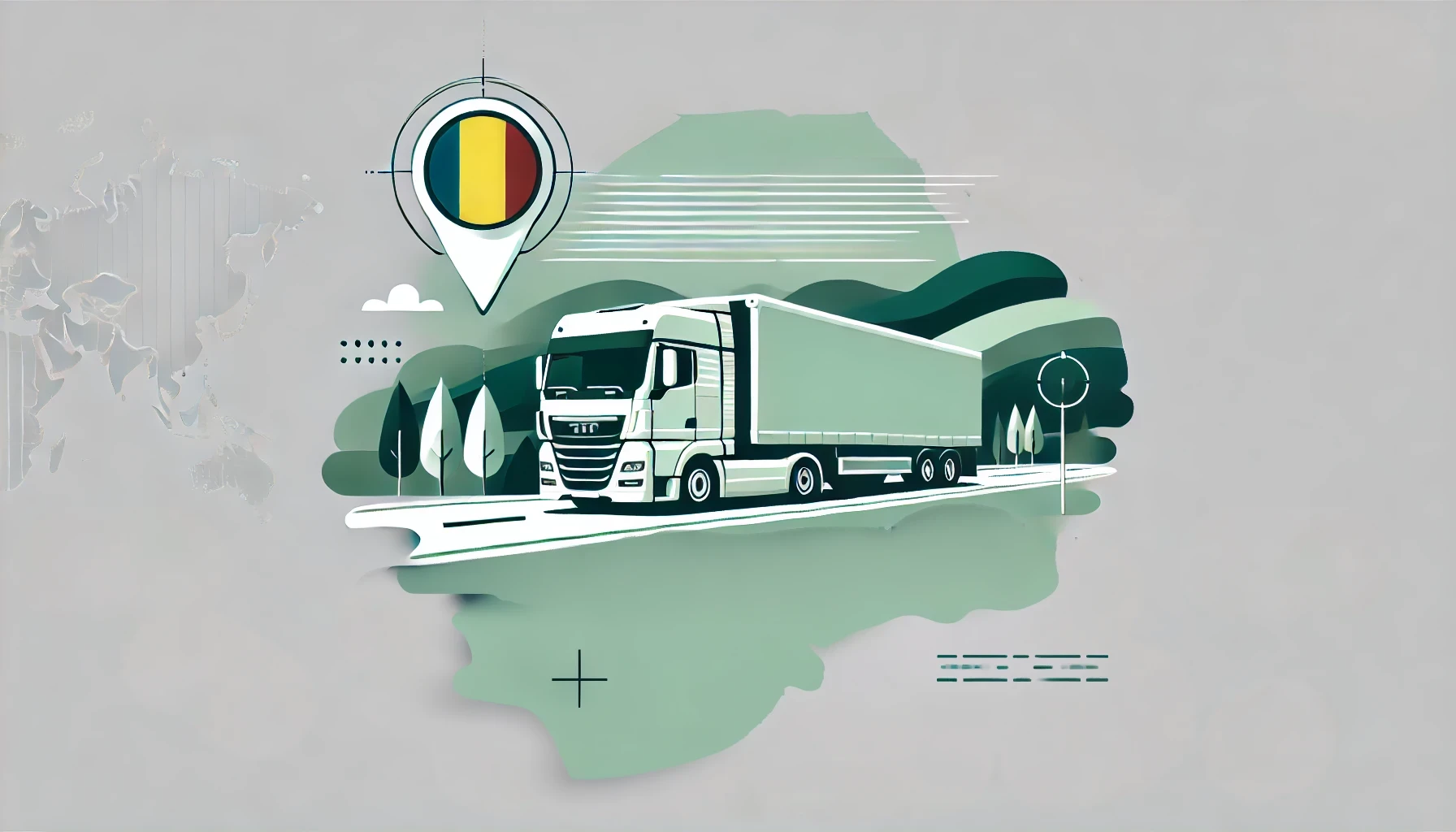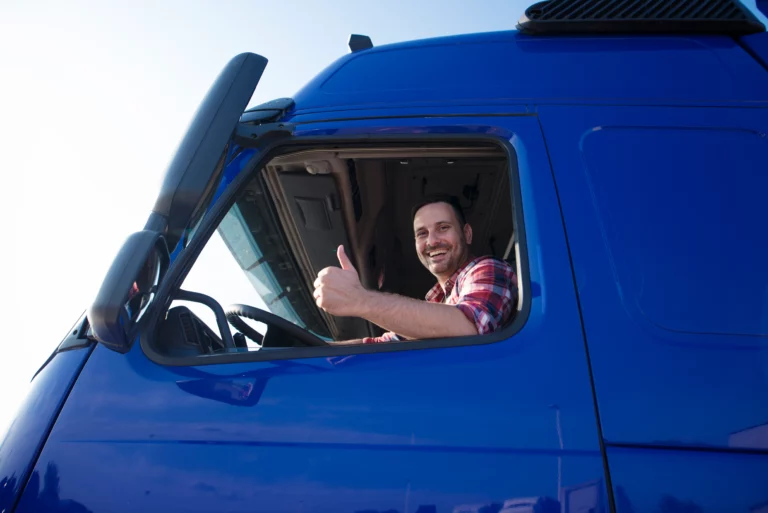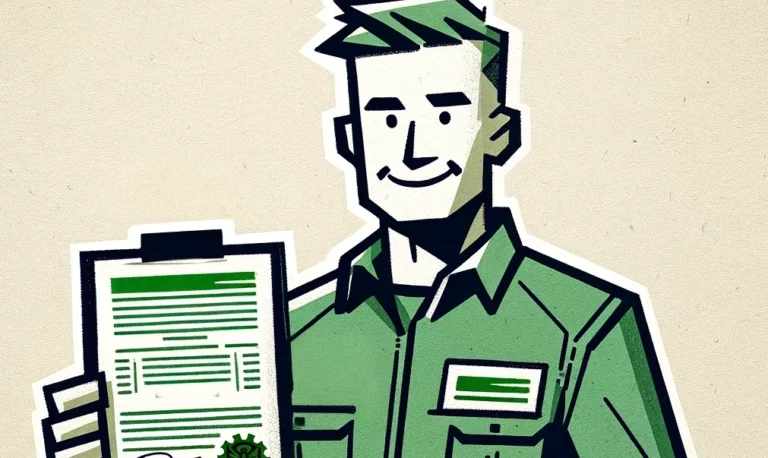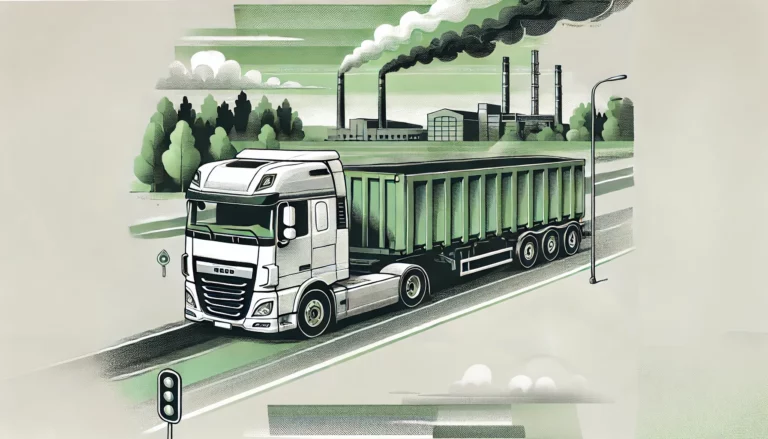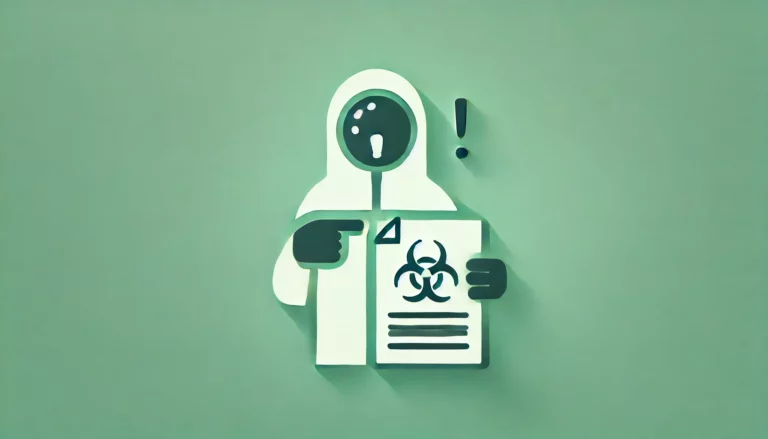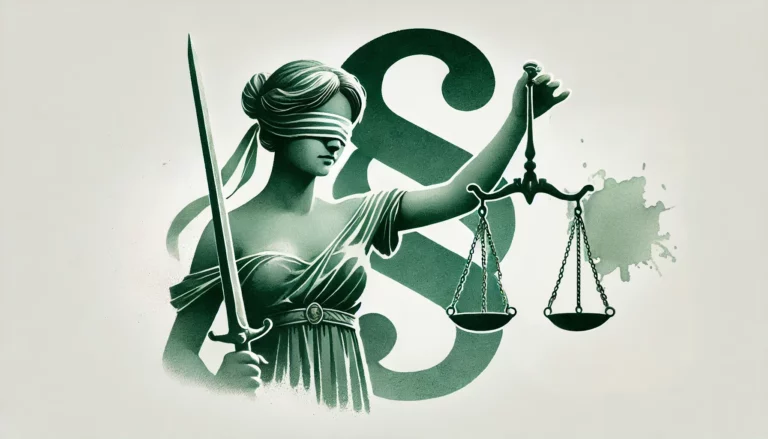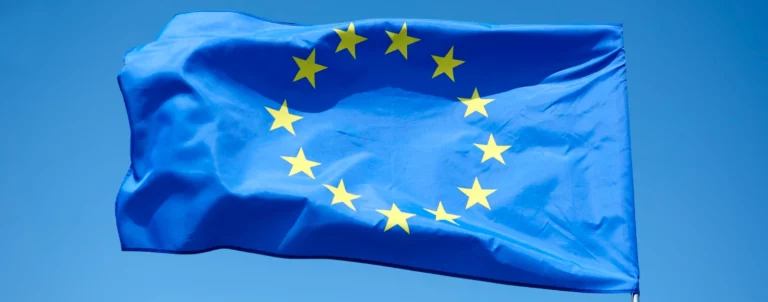[UPDATE] UIT number and carriage notification obligation in Romania - who is affected?
The Polish SENT platform is not the only solution in Europe to combat the grey market and illegal transport of so-called sensitive goods. A few years after its launch, also in Romania attention was drawn to the need to supervise the transport of products at risk of tax abuse. The platform Spațiul Privat Virtual (SPV) was established, within which the RO e-Transport system operates, fulfilling the same tasks as our native SENT. Who should register there?
Contact for waste transport permit in Romania:
e.nadolna@ekologistyka24.pl , +48 881 045 376
j.blazewicz@ekologistyka24.pl , +48 500 867 153
The RO e-Transport system in Romania was established by Decree 41/2022, published on 11 April 2022, with the task of exercising strict control over the movement of high-risk goods. During the transitional period from April to June 2022, the declaration of transports through it was on a voluntary basis, but from 1 July 2022, the declaration of transports became mandatory.
The system generates a special UIT (Romanian: Număr Unic de Identificare al Transportului) or Unique Transport Identification Number for each shipment declaration. The haulier must have it with him both during transport and customs control. This is because it facilitates monitoring and makes it possible to link each consignment with its data, such as consignee, consignor, value of goods and place of loading and unloading.
Romania - Who must make a transport declaration and generate a UIT number?
Obligation to prepare notification does not rest with the carrier, but on the following entities in Romania:
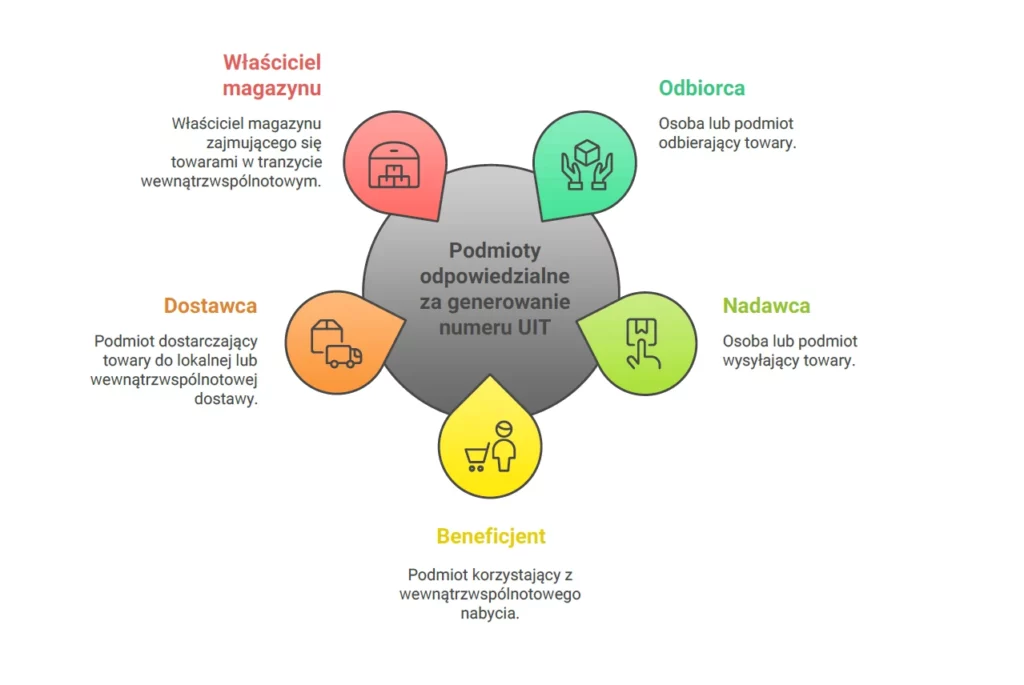
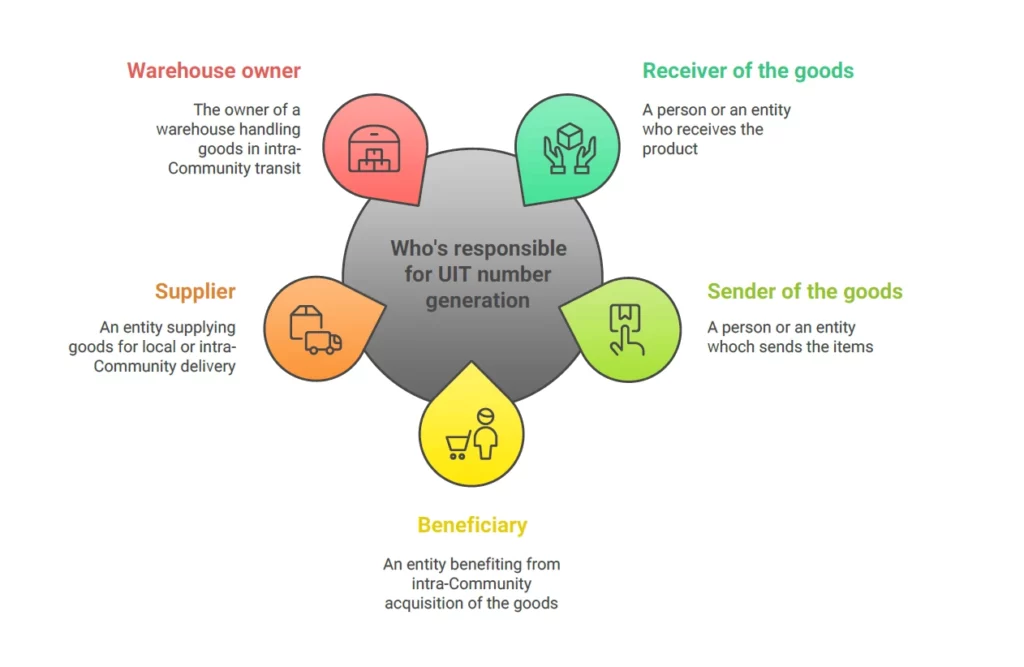
These persons will have to provide the carrier with a UIT number in paper or electronic form.
For which type of transport will a UIT number be required and does Romania provide for any derogations?
On the teaha.ro website, we read that the compulsory notification, and consequently the obtaining of a UIT number - theare subject to the following categories of transport:
- the carriage of intra-EU acquired goods to Romania to the place of unloading, located on national territory;
- The carriage of goods sold within the EU from the place of loading in Romania to the national border;
- transportation of imported goods from the place of import to the place of unloading in Romania;
- export of goods from Romania to the customs office of export on the national territory;
- carriage of goods between two points belonging to different entities located in Romania (cabotage);
- and the carriage of goods in transit on Romanian territory;
Transport of which goods is subject to notification in Romania?
Based on Regulation 802/2022 of the National Revenue Administration Agency, the following high-risk goods must be included in the transport declaration.
- Gemüse, Pflanzen, Wurzeln und Knollen, Lebensmittel, die unter die KN-Codes 0701 bis 0714 fallen;
- Essbare Früchte; Schalen von Zitrusfrüchten oder Melonen, die unter die KN-Codes 0801 bis 0814 fallen;
- Getränke, alcoholische Getränke und Essig, die unter die KN-Codes 2201 bis 2208 fallen;
- Salz; Schwefel; Erde und Steine; Gips, Kalk und Zement, die unter die KN-Codes 2505 und 2517 fallen;
- Gestrickte oder gehäkelte Kleidung und Bekleidungszubehör, die unter die KN-Codes 6101 bis 6117 fallen;
- Kleidung und Bekleidungszubehör, andere als gestrickt oder gehäkelt, die unter die KN-Codes 6201 bis 6212 und 6214 bis 6217 fallen;
- Schuhe, Gamaschen und ähnliche Artikel; Teile solcher Artikel, die unter die KN-Codes 6401 bis 6405 fallen;
- Gusseisen, Eisen und Stahl, die unter die KN-Codes 7213 und 7214 fallen.
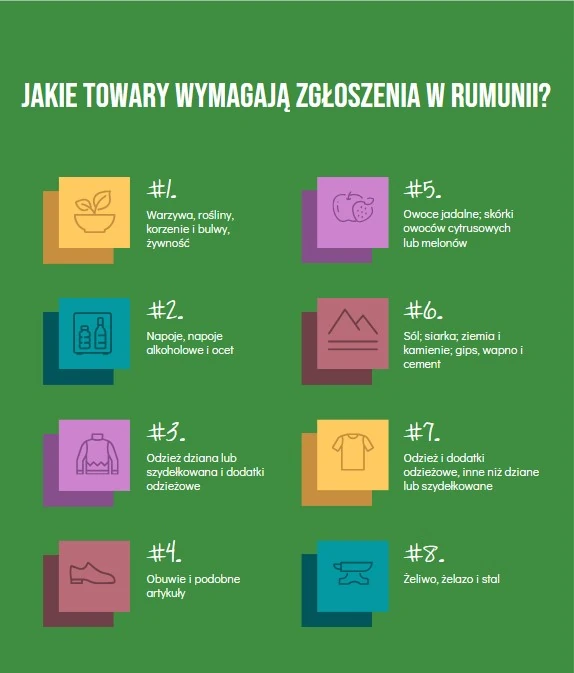
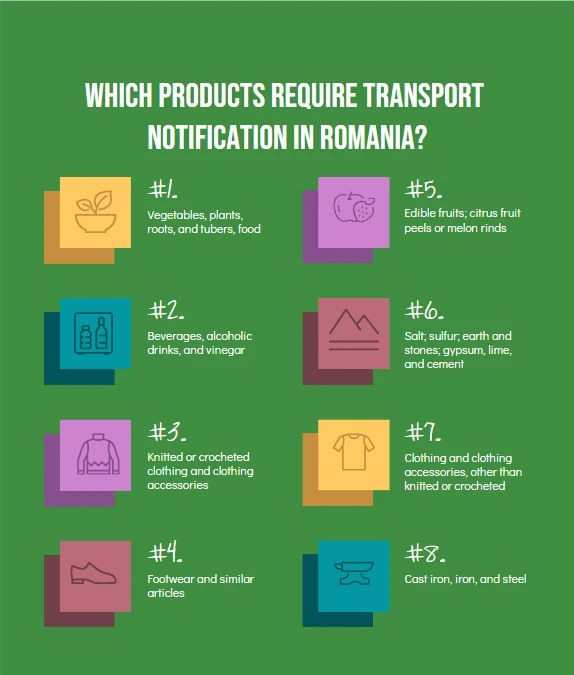
In addition amendment of this regulationwhich entered into force in July this year, introduced further product groups to be notified in transport. These include
- edible meat and organs, fish and crustaceans, molluscs and other invertebrates;
- milk and dairy products;
- bird's eggs;
- honey;
- other edible products of animal origin;
- vegetables, plants, roots and tubers;
- various industrial chemical products;
- tobacco products and fuel.
For what waste do I need to obtain a UIT number when transporting to or from Romania?
On the basis of the aforementioned regulation, the transport of the following waste is subject to notification:
- Iron and steel scrap (CN codes 7204).
- Copper scrap (CN codes 7404).
- Nickel scrap (CN codes 7503).
- Aluminium scrap (CN codes 7602).
- Lead scrap (CN codes 7802).
- Zinc scrap (CN codes 7902).
- Tin scrap (CN codes 8002).
- Waste, parings and scraps of plastics (CN codes 3915).
- Waste and scrap paper or cardboard (CN codes 4707).
- Glass fragments and waste; glass in the mass (CN codes 7001).
- Waste electrical and electronic equipment, depending on classification (various CN codes, e.g. 8548).
- Chemical waste, batteries and accumulators containing hazardous substances (CN codes ex 2803, ex 2804, ex 2805, ex 2806, 8506, 8507).
Does every carrier have to obtain a UIT number and does Romania provide penalties for its absence?
The obligation to declare transport includes means of transport with a maximum permissible weight of at least 3.5 tonnes, which transport sensitive goods weighing over 500 kg and with a value of up to RON 10,000 (almost PLN 9,000). This means that even a haulier carrying a standard tractor + semi-trailer combination must also get a UIT number before the transport starts, if he loads any of the above-mentioned products.
As far as liability is concerned, everything is focused on the Romanian operators. They are the ones who have to prepare the declaration properly and provide the UIT number to the carrier. Failure to declare the transport of goods considered sensitive may result in a fine of up to RON 100,000 (approx. PLN 90,000) or confiscation of the undeclared goods.
UIT number vs. waste transport permit
Before a haulier considers delivering waste to Romania and obtaining a UIT number from a contractor, it should first take care to obtain a permits for waste transportwhich is required under the Environmental Protection Act. Due to the fact that the entire registration procedure takes place in Romanian and all documents must be prepared in this language, there is a concern that not every transport company can cope with this challenge. This can therefore lead to unintentional errors and delays in obtaining the necessary permits. Therefore, working with experienced advisors is invaluable here. It is therefore best to contact a company Ekologistyka24which, with more than 10 years' experience, will easily obtain permission on behalf of the client.
Good to know
The UIT number is valid for 5 days for domestic transport. However, if international transport of goods purchased in another EU country is involved, the validity period is 15 days.
The driver can receive the UIT number electronically (in an SMS text message, e-mail or by taking a screenshot or photo of the computer screen with the aforementioned code displayed on it).
If the driver fails to produce, at the request of the relevant authorities, the documents accompanying the carriage of goods monitored in the RO e-Transport system with the UIT code indicated, will be fined between 5 000 RON and 10 000 RON.
In addition, according to the National Union of Road Hauliers of Romania (UNTRR), the penalties for not sending GPS coordinates to monitor the carriage of high-risk goods and the international carriage of goods by road, which were still to be enforced at the end of last year, will only be imposed from the beginning of this year.
[UPDATED 09.04.2025].
Despite the announcement of the completion of the application coupled to the RO e-Transport system in July 2024, the short test period from 15 July to 31 August revealed numerous shortcomings. The start date for penalties has already been postponed several times and is now set for 31 March 2025.
As the trans.info portal reports, due to numerous errors in the RO e-Transport system and the associated mobile application, UNTRR approached the Ministry of Finance. At the time, it asked for the imposition of penalties related to the e-Transport system to be postponed until 1 June 2025. This is because the organisation argues that ongoing technical problems and a lack of clear guidelines prevent full compliance.
The UNTRR further identifies three main problems.
- Malfunction of GPS integration via API
- unreliable functioning of the mobile application
- the lack of official guidance on typical transport scenarios, such as changing trailers or delayed unloading.
In addition, foreign drivers face difficulties because the app and related regulations are not available in English. This even makes it impossible to use it effectively.

